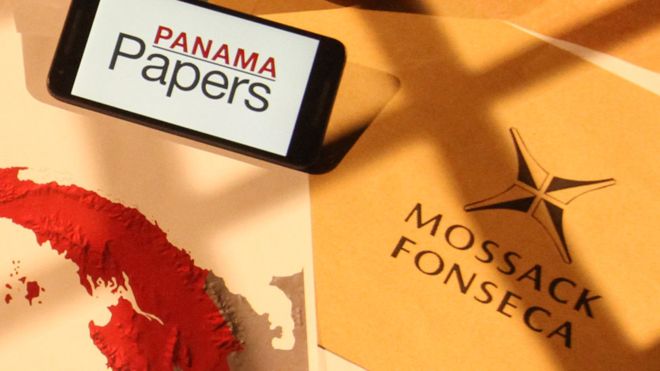The “Panama Papers” became not only a buzz term this past week, they emerged as a much-needed tool for Bernie Sanders in his campaign run towards the Democratic nomination. But what exactly are they?
The Panama Papers are a leaked set of a staggering 11.5 million confidential documents providing detailed information about more than 214,000 offshore companies listed by Panamanian corporate service provider Mossack Fonseca, including the identities of shareholders and directors of the companies. The documents show how these wealthy individuals, including public officials, hide their money from public scrutiny.
Panama enjoys its own Free Trade Agreement, which basically enables the world’s most rich citizens (from Russia’s Vladimir Putin to Icelandic Prime Minister Davíð Gunnlaugsson, who resigned after the leaks) to have offshore tax havens. Back in 2011 when the agreement was enacted, Bernie Sanders had a good idea where things were headed. He told the Senate at the time Panama was “a world leader when it comes to allowing large corporations and wealthy Americans to evade US taxes.”
Earlier this week as the controversy erupted, Sanders stood firm. “I was opposed to the Panama Free Trade Agreement from day one,” he said in a statement. “I wish I had been proven wrong about this, but it has now come to light that the extent of Panama’s tax avoidance scams is even worse than I had feared.”
The leaks are thought to be one of the largest ever: even bigger than the info shared by Edward Snowden. The documents take up 2.6 terabytes in computer storage. For context, one terabyte of data could be stored on about 1400 CD-ROMs or 220 DVDs. The files date back nearly 40 years to 1977, when Mossack Fonseca was formed.
If he becomes President of the United States, Sanders says he will terminate the agreement within his first six months in office and “conduct an immediate investigation into US banks, corporations, and wealthy individuals who have been stashing their cash in Panama to avoid taxes.” Sanders also took the time to mention Hillary Clinton opposing the agreement during the 2008 election, then pushing it forward as Secretary of State.
“When it really mattered she quickly reversed course and helped push the Panama Free Trade Agreement through Congress as Secretary of State,” Sanders says. “The results have been a disaster.”
While there was a partial release of information on April 3, more data is expected to be made public next month.
